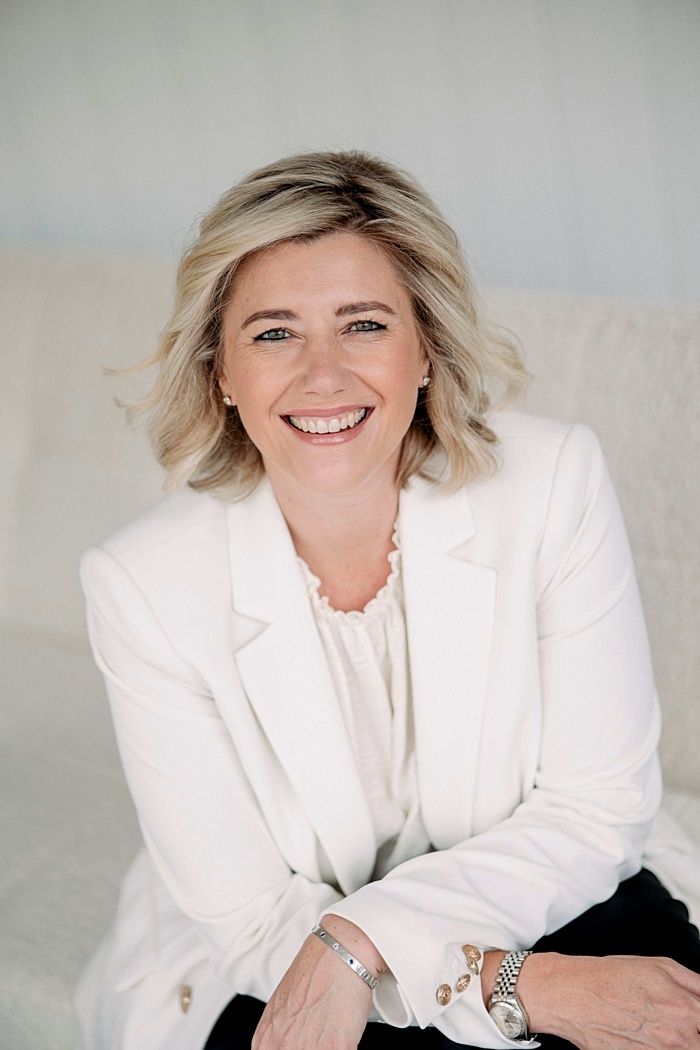
What not-for-profit leaders need to know in 2026
Posted on 12 Feb 2026
Our special NFP trends report distils the views of more than two dozen experts.
Posted on 18 Jun 2024
By Arabella Gibson

Used strategically, donation matching offers a powerful tool for magnifying the impact of charities, says Gidget Foundation Australia CEO Arabella Gibson.
Mental health support is a crucial and potentially lifesaving service for expectant and new parents.
However, new data from Gidget Foundation Australia reveals that more than half (57%) of Aussie parents with a child under three have experienced mental health issues – yet just two in five (40%) have sought professional help.
With an estimated one in five mothers and one in ten fathers experiencing perinatal depression and anxiety (PNDA), we delivered 19,554 free, GP-referred psychological counselling sessions to 3,037 expectant and new parents across the country last year.
And with more than 2,100 parents having accessed our face-to-face and telehealth appointments already in the first half of 2024, the demand shows no sign of slowing down.
The number of clients we’ve seen since 2022 has increased by 132%, but this support doesn’t come without a cost. In fact, for us to provide a family’s complete care over 12 months – including 10 counselling sessions with a specialist perinatal clinician – it amounts to over $3,000.
The impact we make on the lives of expectant and new parents is made possible by community donations, which allow us to continue initiatives such as our Workforce Development Program, to address the national shortage of specialist perinatal mental health clinicians.
Encouraging these donations presents unique challenges, challenges that are different from those associated with driving corporate investments and donations.
At an individual level, donors are unlikely to seek out opportunities to give on their own and may avoid the process entirely if it proves too time consuming or difficult for them to engage with.
In fact, research indicates donors are spurred to contribute only when they are directly asked to do so, which underscores the importance of consistent and meaningful communications with the community to encourage donations.
"Donation matching has been proven to increase the initial uptake of donations received, with four in five donors (80%) saying they’re more likely to donate if a match is offered."
How we position our requests for community support is just as important as the frequency and volume of the requests. We must ensure that opportunities for donations not only feel meaningful for the donor but are an easy process for them pursue.
To make the entire process as smooth as possible while maximising the impact of each gift, one of our major annual community fundraisers relies on the process of donation matching.

Held annually in June, Gidget Giving Day is a donation matching day wherein all donations in the 24-hour period are doubled by our Giving Day matchers.
Donation matching is not a tactic unique to us, but it is certainly one that works for us – it has raised more than $585,000 for GFA over the past four years.
Donation matching has been proven to increase the initial uptake of donations received, with four in five donors (80%) saying they’re more likely to donate if a match is offered.
Further, one in three donors (33%) give in larger volumes when matching is applied to their donation – increasing not only the number of donors participating, but also the overall amount donated per donor.
The act of donation matching also serves to strengthen our relationship with donors. By offering donors a greater impact from the same value donation, we are able to demonstrate our commitment to our community and amplify the feeling of connectedness and closeness an individual may feel to the organisation.
With the estimated cost to the health system, the economy and monetised social wellbeing of those impacted by PNDA totalling more than $877 million each year, it is crucial that expectant and new parents have access to support and resources to help them on their journey.
However, barriers are preventing parents from seeking out mental health support services, with accessibility and affordability of services playing a major role.
Since inception, we’ve supported more than 84,000 families, and to help us to continue to meet the increasing demand for perinatal mental health services, every donation made through gidgetgivingday.org.au on 19 June will be doubled.
We know that times are tough, but every dollar will make a difference to ensure struggling parents can receive support without delay.
Arabella Gibson is CEO of Gidget Foundation Australia.

Posted on 12 Feb 2026
Our special NFP trends report distils the views of more than two dozen experts.

Posted on 11 Feb 2026
The ballooning cost-of-living crisis is affecting Australian families to the extent that many…

Posted on 11 Feb 2026
Rev. Salesi Faupula is the Uniting Church’s moderator for the synod of Victoria and Tasmania. Born…

Posted on 11 Feb 2026
Service providers have expressed cautious support for the federal government’s Thriving Kids…

Posted on 11 Feb 2026
Australia’s not-for-profits need strategic investment by the federal government to support the…

Posted on 11 Feb 2026
For the first time, charities commissioner Sue Woodward has confirmed the Australian Charities and…

Posted on 11 Feb 2026
Opinions polls insist Pauline Hanson's fortunes are on the rise, but it is likely that enthusiasm…

Posted on 10 Feb 2026
As my family dropped our teenage son off at the airport in the first week of January to embark on a…

Posted on 04 Feb 2026
Last week’s announcement that women made up only one-third of recipients in the Australia Day…

Posted on 04 Feb 2026
As we move into 2026, I can’t help but think the world is wobbling a little.

Posted on 04 Feb 2026
An academic studying the phenomenon of “headline fatigue” – where news consumers tune out of…

Posted on 04 Feb 2026
In this time of escalating climate impact, the head of Australian Ethical Foundation, Kate…